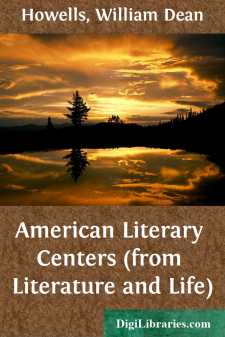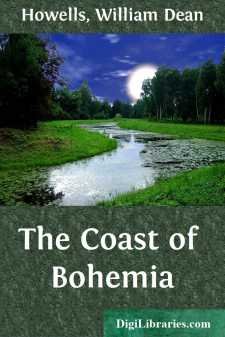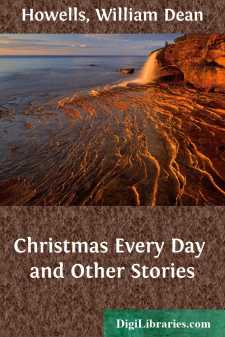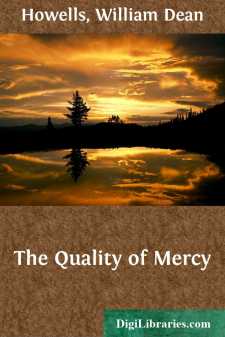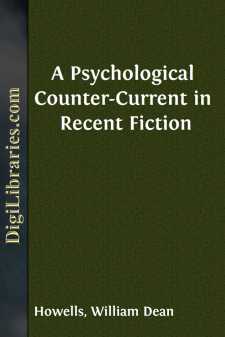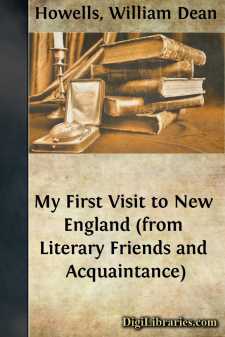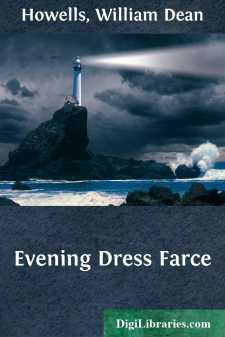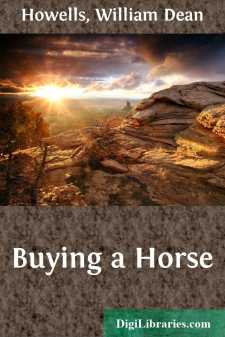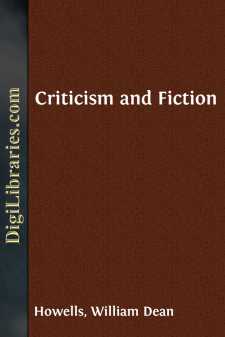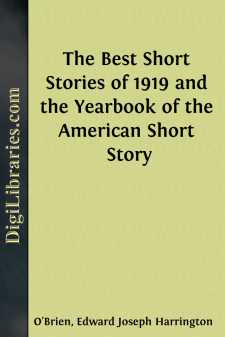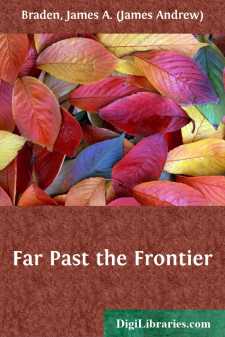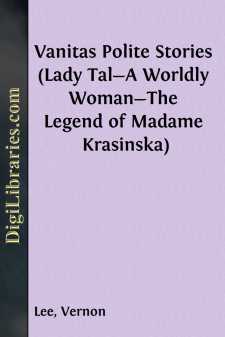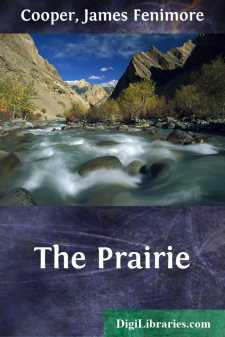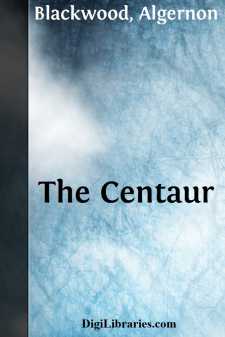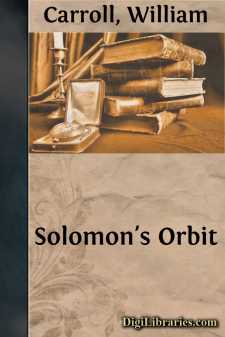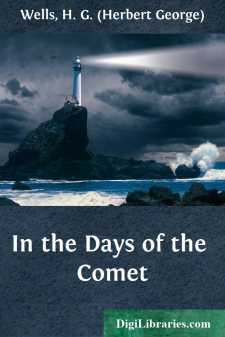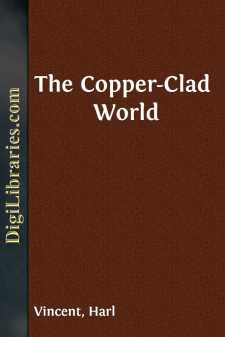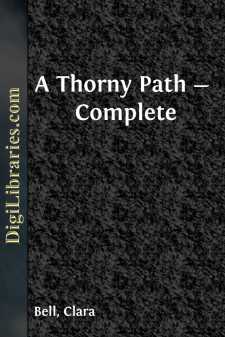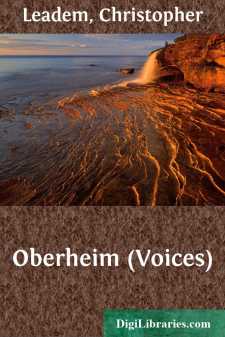Categories
- Antiques & Collectibles 13
- Architecture 36
- Art 48
- Bibles 22
- Biography & Autobiography 813
- Body, Mind & Spirit 138
- Business & Economics 28
- Children's Books 12
- Children's Fiction 9
- Computers 4
- Cooking 94
- Crafts & Hobbies 4
- Drama 346
- Education 46
- Family & Relationships 57
- Fiction 11821
- Games 19
- Gardening 17
- Health & Fitness 34
- History 1377
- House & Home 1
- Humor 147
- Juvenile Fiction 1873
- Juvenile Nonfiction 202
- Language Arts & Disciplines 88
- Law 16
- Literary Collections 686
- Literary Criticism 179
- Mathematics 13
- Medical 41
- Music 40
- Nature 179
- Non-Classifiable 1768
- Performing Arts 7
- Periodicals 1453
- Philosophy 64
- Photography 2
- Poetry 896
- Political Science 203
- Psychology 42
- Reference 154
- Religion 505
- Science 126
- Self-Help 81
- Social Science 81
- Sports & Recreation 34
- Study Aids 3
- Technology & Engineering 59
- Transportation 23
- Travel 463
- True Crime 29
American Literary Centers (from Literature and Life)
Categories:
Description:
Excerpt
Here, if I cut my coat according to my cloth, t should have a garment which this whole volume would hardly stuff out with its form; and I have a fancy that if I begin by answering, as I have sometimes rather too succinctly done, that we have no more a single literary centre than Italy or than Germany has (or had before their unification), I shall not be taken at my word. I shall be right, all the same, and if I am told that in those countries there is now a tendency to such a centre, I can only say that there is none in this, and that, so far as I can see, we get further every day from having such a centre. The fault, if it is a fault, grows upon us, for the whole present tendency of American life is centrifugal, and just so far as literature is the language of our life, it shares this tendency. I do not attempt to say how it will be when, in order to spread ourselves over the earth, and convincingly to preach the blessings of our deeply incorporated civilization by the mouths of our eight-inch guns, the mind of the nation shall be politically centred at some capital; that is the function of prophecy, and I am only writing literary history, on a very small scale, with a somewhat crushing sense of limits.
Once, twice, thrice there was apparently an American literary centre: at Philadelphia, from the time Franklin went to live there until the death of Charles Brockden Brown, our first romancer; then at New York, during the period which may be roughly described as that of Irving, Poe, Willis, and Bryant; then at Boston, for the thirty or forty years illumined by the presence of Longfellow, Lowell, Whittier, Hawthorne, Emerson, Holmes, Prescott, Parkman, and many lesser lights. These are all still great publishing centres. If it were not that the house with the largest list of American authors was still at Boston, I should say New York was now the chief publishing centre; but in the sense that London and Paris, or even Madrid and Petersburg, are literary centres, with a controlling influence throughout England and France, Spain and Russia, neither New York nor Boston is now our literary centre, whatever they may once have been. Not to take Philadelphia too seriously, I may note that when New York seemed our literary centre Irving alone among those who gave it lustre was a New-Yorker, and he mainly lived abroad; Bryant, who was a New Englander, was alone constant to the city of his adoption; Willis, a Bostonian, and Poe, a Marylander, went and came as their poverty or their prosperity compelled or invited; neither dwelt here unbrokenly, and Poe did not even die here, though he often came near starving. One cannot then strictly speak of any early American literary centre except Boston, and Boston, strictly speaking, was the New England literary centre.
However, we had really no use for an American literary centre before the Civil War, for it was only after the Civil War that we really began to have an American literature. Up to that time we had a Colonial literature, a Knickerbocker literature, and a New England literature. But as soon as the country began to feel its life in every limb with the coming of peace, it began to speak in the varying accents of all the different sections—North, East, South, West, and Farthest West; but not before that time.
II.
Perhaps the first note of this national concord, or discord, was sounded from California, in the voices of Mr. Bret Harte, of Mark Twain, of Mr. Charles Warren Stoddard (I am sorry for those who do not know his beautiful Idyls of the South Seas), and others of the remarkable group of poets and humorists whom these names must stand for. The San Francisco school briefly flourished from 1867 till 1872 or so, and while it endured it made San Francisco the first national literary centre we ever had, for its writers were of every American origin except Californian.
After the Pacific Slope, the great Middle West found utterance in the dialect verse of Mr. John Hay, and after that began the exploitation of all the local parlances, which has sometimes seemed to stop, and then has begun again. It went on in the South in the fables of Mr. Joel Chandler Harris's Uncle Remus, and in the fiction of Miss Murfree, who so long masqueraded as Charles Egbert Craddock....


